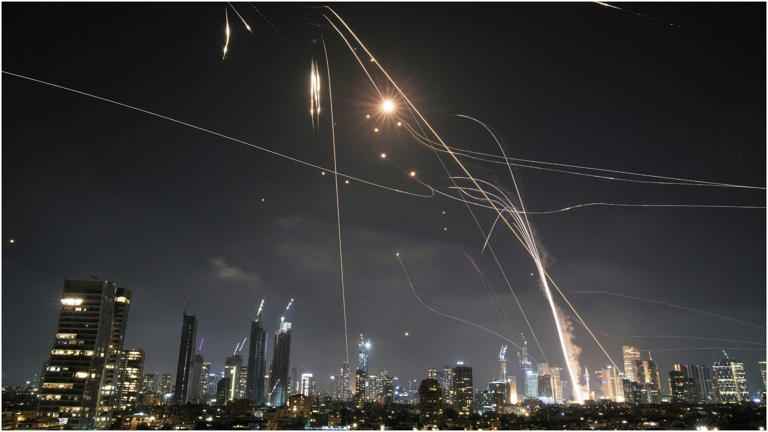The Indian Embassy in Iran on Wednesday issued a travel advice, urging Indian citizens to avoid Iran’s non-essential visit. This advice has come amid growing security concerns in the region in the last several weeks.
The Indian Embassy said on 15 October, “Indian citizens are advised to carefully consider the emerging situation before taking a non-essential journey to Iran in view of security related developments in the last several weeks.”
In addition, the embassy advised “to monitor the latest regional developments and follow the updated advice issued by Indian authorities.”
The embassy has said that for the currently present Indian citizens in Iran, who want to return, options are available.
It states, “Indian citizens who are already in Iran and are willing to leave from there can avail the option of commercial flight and boating, which are still available.”
The consultation has been released after a rapid increase in regional enmity, which began on 13 June after Israel started ‘Operation Rising Lion’, bombing the Iranian military and nuclear installations.
In response, Iran carried out missiles and drone attacks at Israeli locations. In support of Israel, the US retaliated on 22 June by attacking the major nuclear installations of Iran in Fordo, Natanz and Isfahan.
The Iranian armed forces launched counter -attacks, targeting major bases in Israeli occupied areas and American military airbase in Qatar.
The war that lasted for 12 days ended on June 24, when Israel announced a unilateral ban on its aggression, which was announced by US President Donald Trump.
Washington says that Iran’s uranium enrichment program may pave the way for developing nuclear bombs, while Tehran has been continuously refuting the claim and emphasizing that its atomic program is for civil purposes.
In July 2015, the Iran Nuclear Agreement, known as the Joint Compound Action Plan (JCPOA), was signed among many world powers including Iran and the United States. Under this agreement, Tehran’s enrichment level was limited to 3.67 percent and its uranium reserves were reduced to 300 kg.
The agreement broke with Trump’s unilateral agreement by Trump in 2018. Since then, Iran has begun to cross the agreed range of its low-prosperous uranium reserves in 2019, and has begun to enrich uranium to high concentrations up to 60 percent purity, which is very close to the weapon level level.
Earlier this month, the Iranian President Pageshkian signed a bill by signing a bill that suspended cooperation with the International Atomic Energy Agency (IAEA). Iran’s government broadcaster said that Pageshkian approved the bill after Parliament approved the bill.










